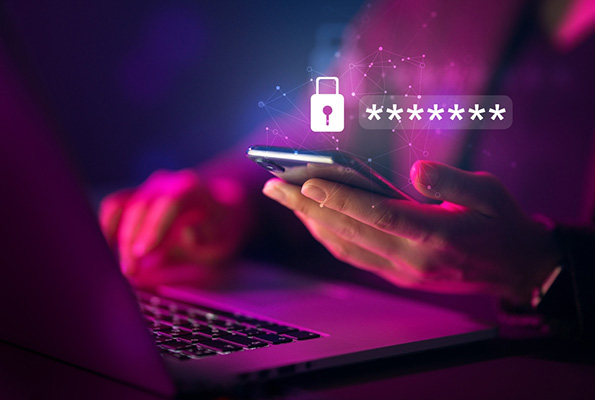Recent studies demonstrate how fraudsters have honed their techniques for creating malware programs that appear to be legitimate, ranging from bogus camera editor software to VPN services.
After learning that hackers created over 400 fraudulent mobile apps to steal users’ Facebook login information, Meta recently issued a warning to delete them. Unfortunately, the hazardous services were so skillfully designed that they passed Apple App Store and Google Play Store’s privacy checks.
Avast discovered over 80 fake programs on Apple’s App Store simultaneously, a year after presenting its findings to Apple. In comparison, hundreds of Android tools with over 300,000 downloads have been revealed to have three distinct types of malware.
Hackers can mislead everyone into downloading a bogus app and disclosing their personal information, even if you have the finest VPN for data security.
Due to this, we are providing five suggestions for avoiding dangerous apps and protecting your anonymity if your data is hacked in honour of Cybersecurity Awareness Month.
1. Recognize the warning signs of fraudulent programs
Despite hackers becoming increasingly skilled at creating phoney programs that appear to be accurate, cautious users can still identify harmful software. They typically share a few characteristics you should be aware of. Here are some of the most typical warning signs:
Social media login information is required to use the app
The fact that you require these details to use your new photo editor should be concerning because malicious software may try to steal them to endanger your account. Although many trustworthy apps request that you securely log in with Facebook, this will never be your only choice.
Regard to the app
Don’t be duped by its high ratings; hackers frequently create fake positive reviews to enhance the reputation of their software. Instead, spend your time reading every user comment—especially the unfavourable ones. Someone else may have previously discovered this flaw if the software is malware.
The disparity between the function it performs and what it claims to do
As soon as you download a new app to your device, you should be on the lookout for this significant warning sign. Do you think the functionality it claims to have is inconsistent with what it does? Then, before allowing the application access to your personal information, delete it immediately.
2. Launch an antivirus program
You need antivirus software or malware removal software to get rid of any threats that are currently active on your system. To prevent future occurrences of this kind, you should keep it running in the background.
Even better, you don’t need to spend a lot because antivirus services are relatively inexpensive nowadays. Or, if you want the best value for your money and to shield all of your devices from various online dangers, you can choose a whole internet security package.
3. Restart your gadget
Resetting your device to factory settings will delete all malicious programs and malware from your smartphone or tablet, but it should only be done as a last resort because it will erase all data. Instead, make a cloud backup of your files, go to settings, and perform a factory reset.
Reinstalling your favourite programs can be a hassle, but your data security is more crucial in this case.
4. Make password changes
You may be sure that your credentials have been made public after you know your social media account or device has been compromised. Never use the same password across numerous sites; instead, create fresh, stronger passwords for all your online accounts.
As a general rule, you ought to additionally update these frequently. If you want to maintain excellent digital hygiene, you might want to think about using a solid password manager. Even secure VPN services like NordVPN and ExpressVPN provide this as an added function without charging extra.
5. Turn on two-factor identification
Set up two-factor authentication to increase the security of the login process (2FA). This deters criminals from accessing your profile since you must verify your identity twice.
Most social media companies now provide this additional layer of protection, which is already a regular practice for protecting your email account. Facebook, Instagram, and LinkedIn are a few of these.



